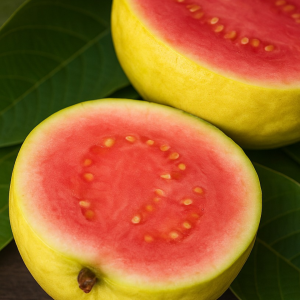
Cabbage has always had a proud place in our kitchens—easy to prepare, budget-friendly, and packed with nutrients. But behind its leafy green goodness lies a lesser-known truth: for some people, eating cabbage can actually be risky.
So who exactly should be careful? And why can such a popular vegetable become problematic? Settle in—the answer might just surprise you…
Why Is Cabbage So Popular in France?
Cabbage is to French kitchens what the baguette is to French bakeries: a daily essential. Loaded with vitamins A, P, C, E, and B, it helps strengthen blood vessels, support the nervous system, and boost metabolism. Low in calories, it’s the perfect partner for those looking to stay in shape without giving up hearty meals.
Cabbage-based dishes are wintertime staples—its comforting soups warm both body and soul. But even the best allies have their limits…

Who Should Limit or Avoid Eating Cabbage?
1. People with Thyroid Disorders
Think of your thyroid as the conductor of an orchestra, coordinating your body’s essential functions. The trouble is, cabbage contains goitrin, a compound that can throw off that harmony by causing the thyroid gland to swell.
If you have a goiter or any kind of thyroid dysfunction, it’s best to be cautious. Can’t resist cabbage? Try soaking the leaves in salted water for 10 to 15 minutes, then chop them finely before eating. This simple step significantly reduces the amount of goitrin.
2. Those with Sensitive Digestion
If your digestive system is like a highway, cabbage acts like a bulldozer—great for clearing blockages thanks to its fiber content. But for people with digestive issues like diarrhea or sensitive intestines, that bulldozer can turn into a runaway steamroller, making things worse.
If your digestion is already compromised, it’s better to skip cabbage and opt for gentler vegetables like cooked carrots or steamed zucchini.

3. People Prone to Allergies or Eye Hemorrhages
When we think of allergies, we often think of spring and pollen. But eating cabbage—especially pickled or fermented—can also trigger unexpected reactions like itching, watery eyes, or a runny nose.
That’s because cabbage contains histamine, a natural compound that can show up uninvited and wreak havoc. So if you’re prone to allergic reactions or have experienced subconjunctival hemorrhages (those small red spots in the eye), it’s wise to steer clear of cabbage.
4. Those with Kidney Issues
Could cabbage be a hidden trap on your dinner plate? For your kidneys, yes. Cabbage contains oxalic acid, which can bind with calcium, iron, or magnesium to form crystals—also known as the dreaded kidney stones.
If you suffer from kidney disease or have a history of kidney stones, talk to your doctor before reaching for that cabbage slaw. One helpful trick to reduce risk: chop cabbage into small pieces and cook it thoroughly, like in a slow-simmered winter stew.

A Final Word
Cabbage truly is a gift from nature, but like all good things, it’s not without its caveats. For some, moderation or careful preparation is key to enjoying its benefits without compromising their health.
As always, balance and listening to your body are essential. So—ready to enjoy your next plate of cabbage with full peace of mind?




